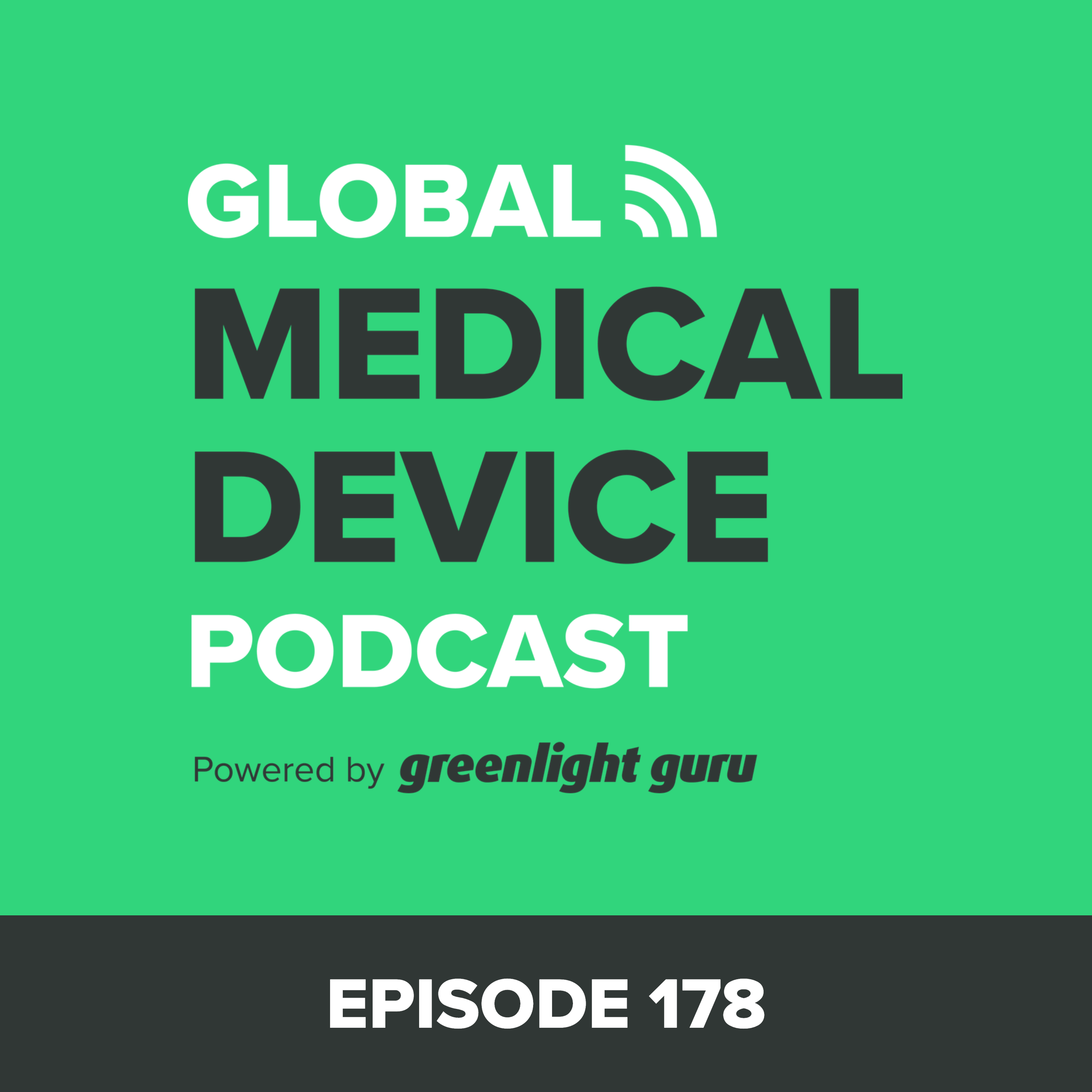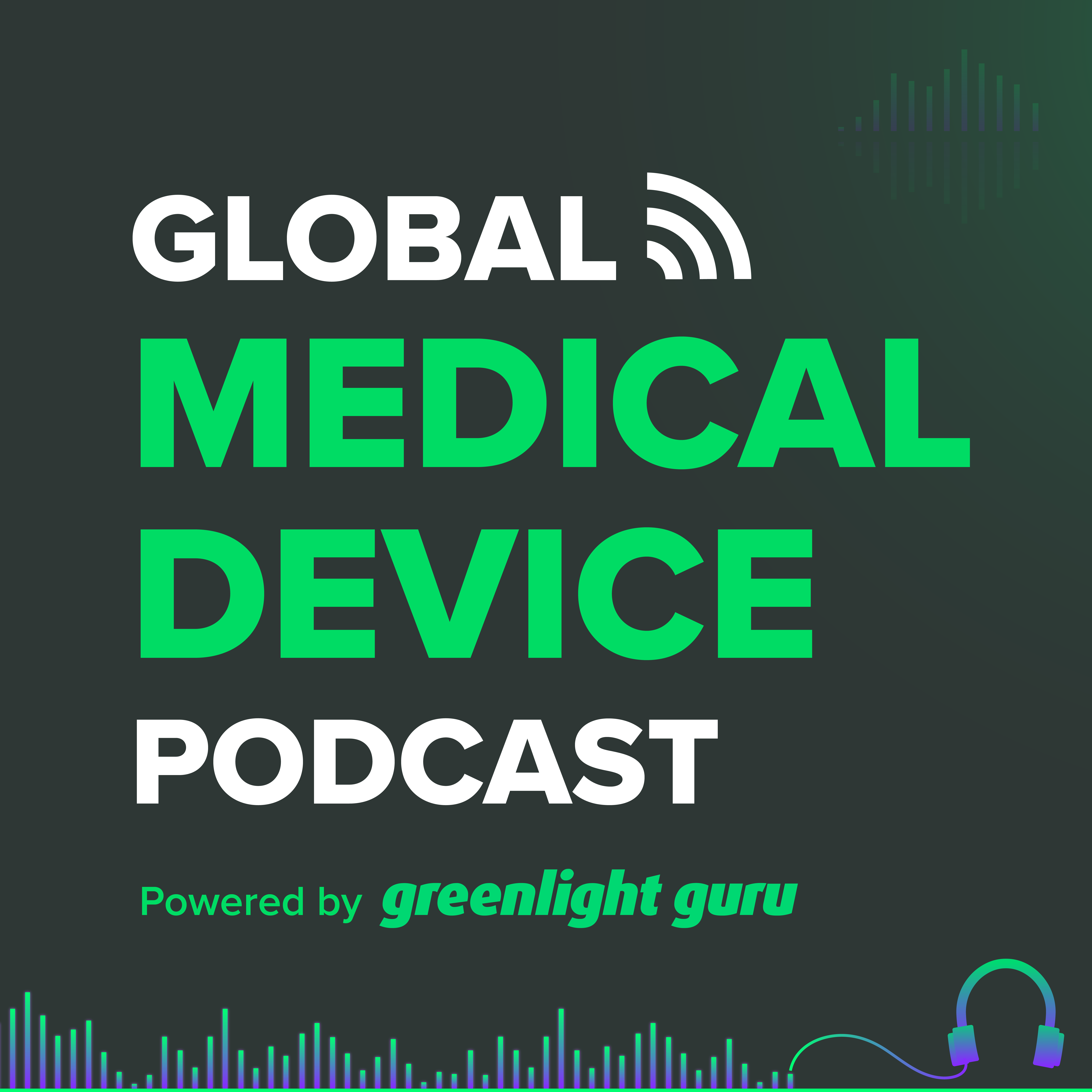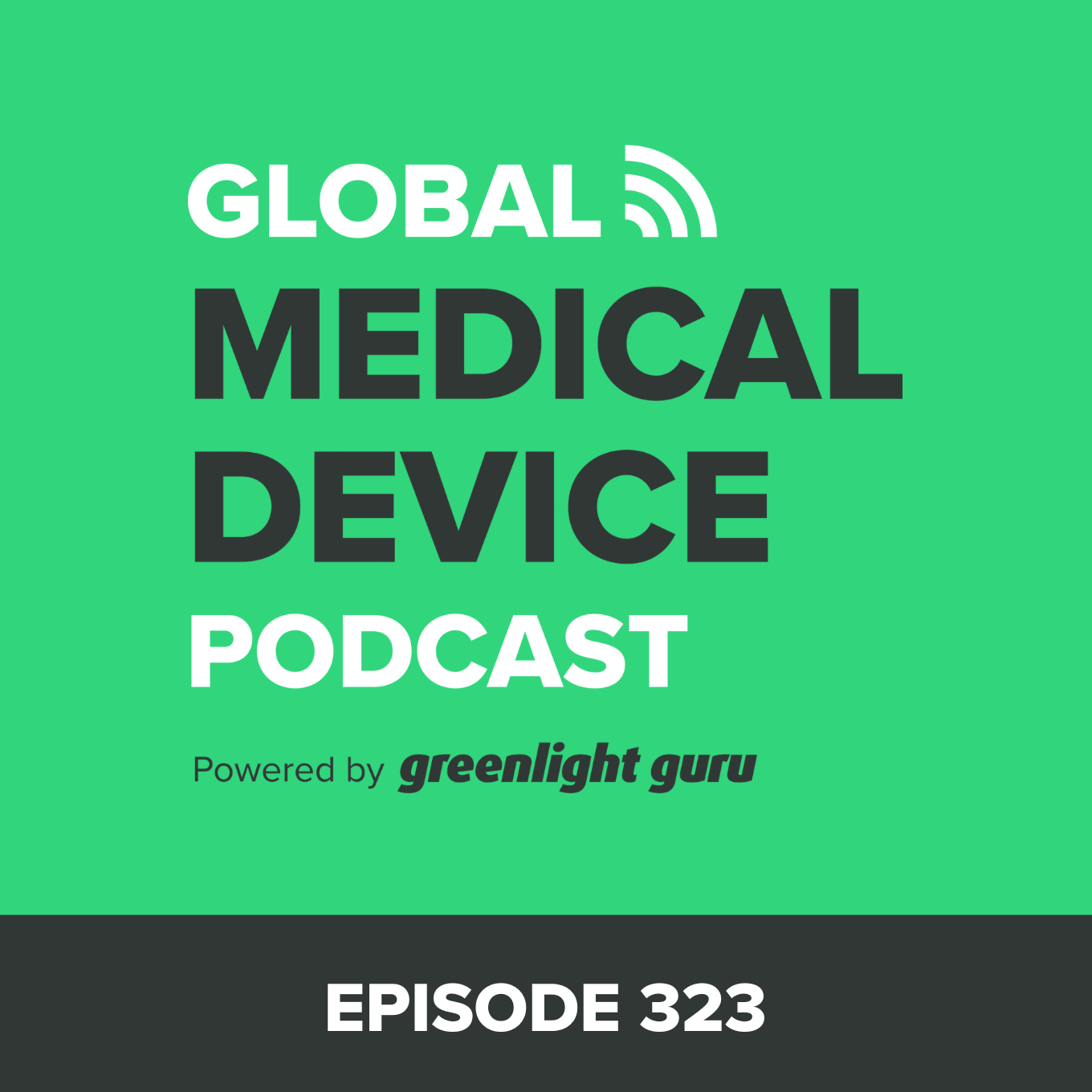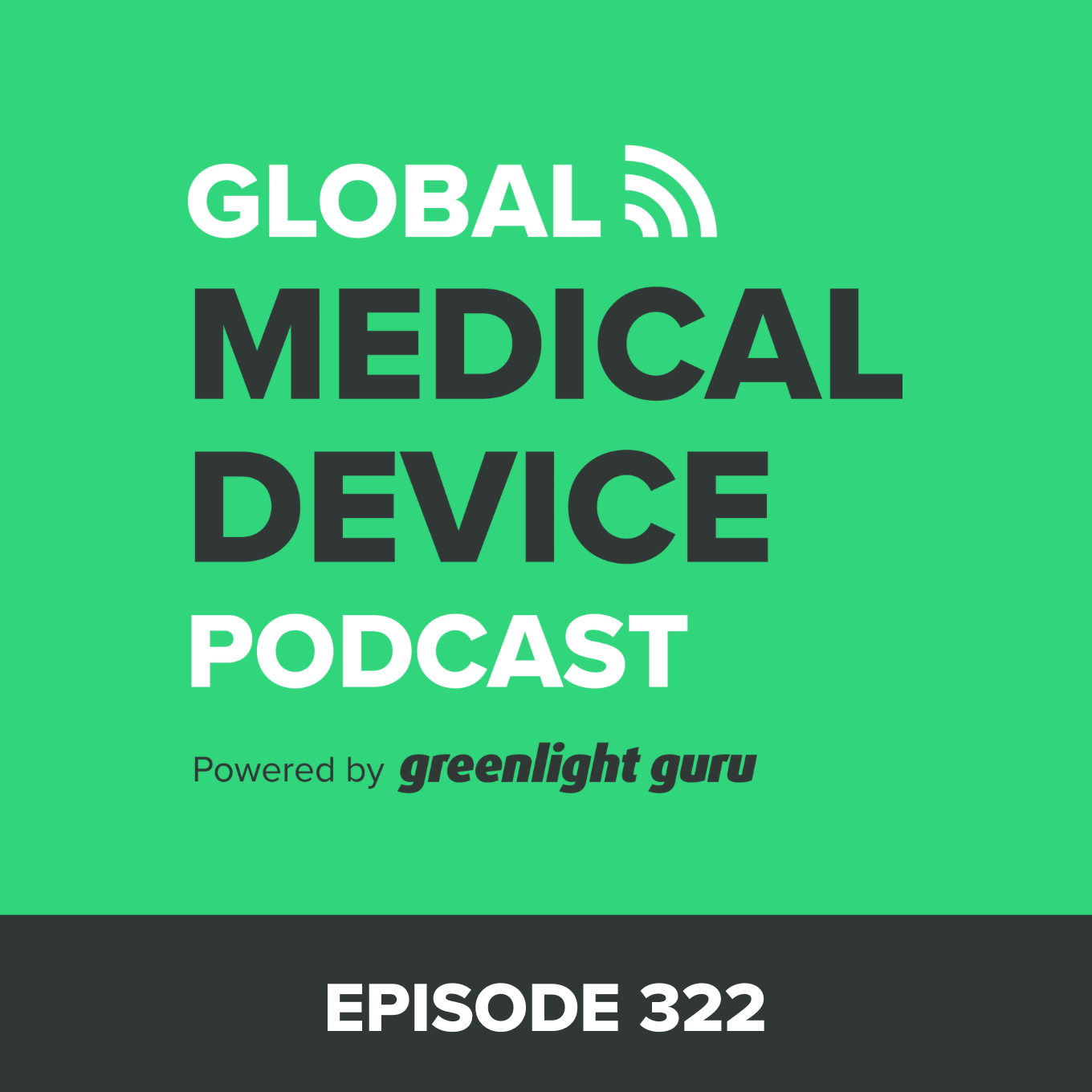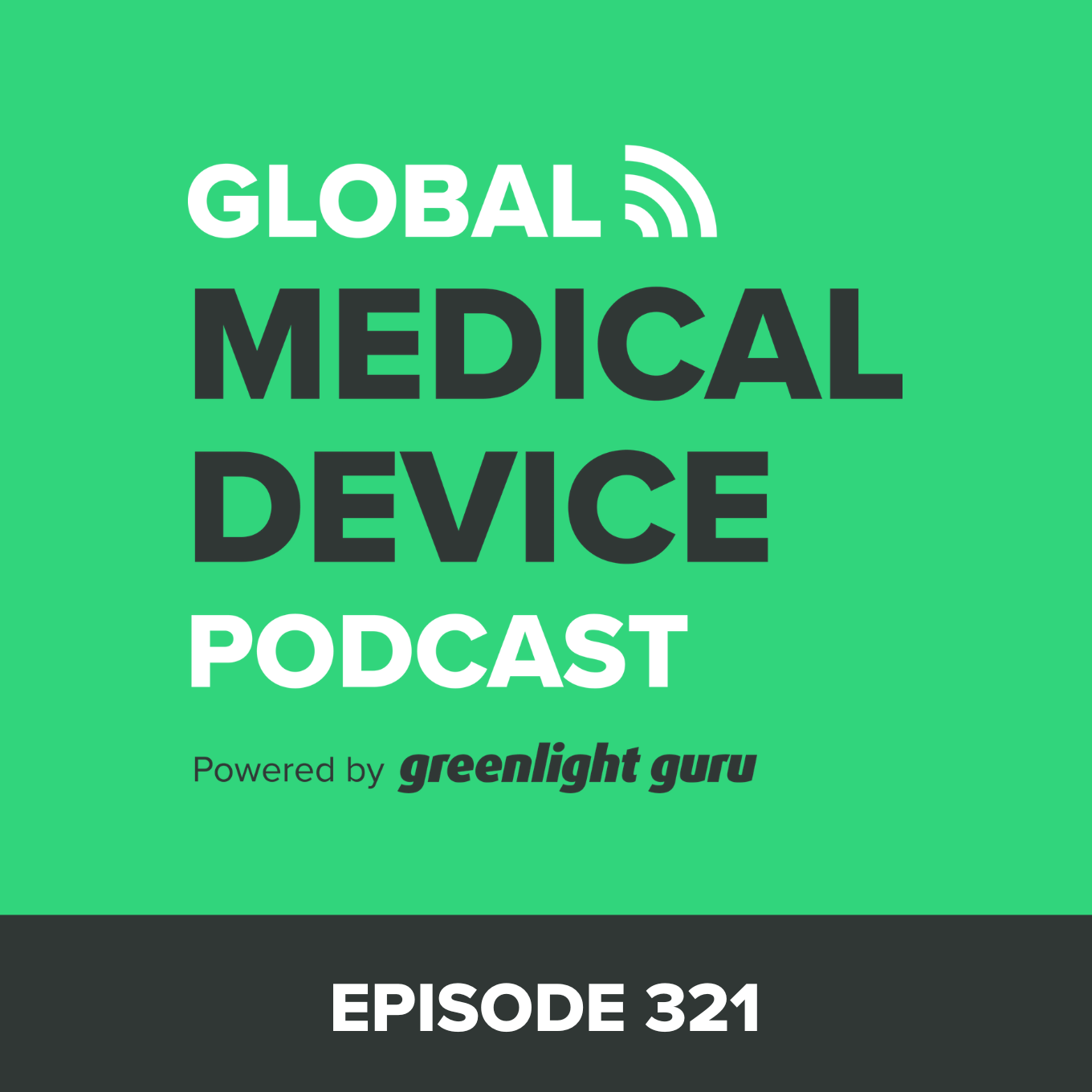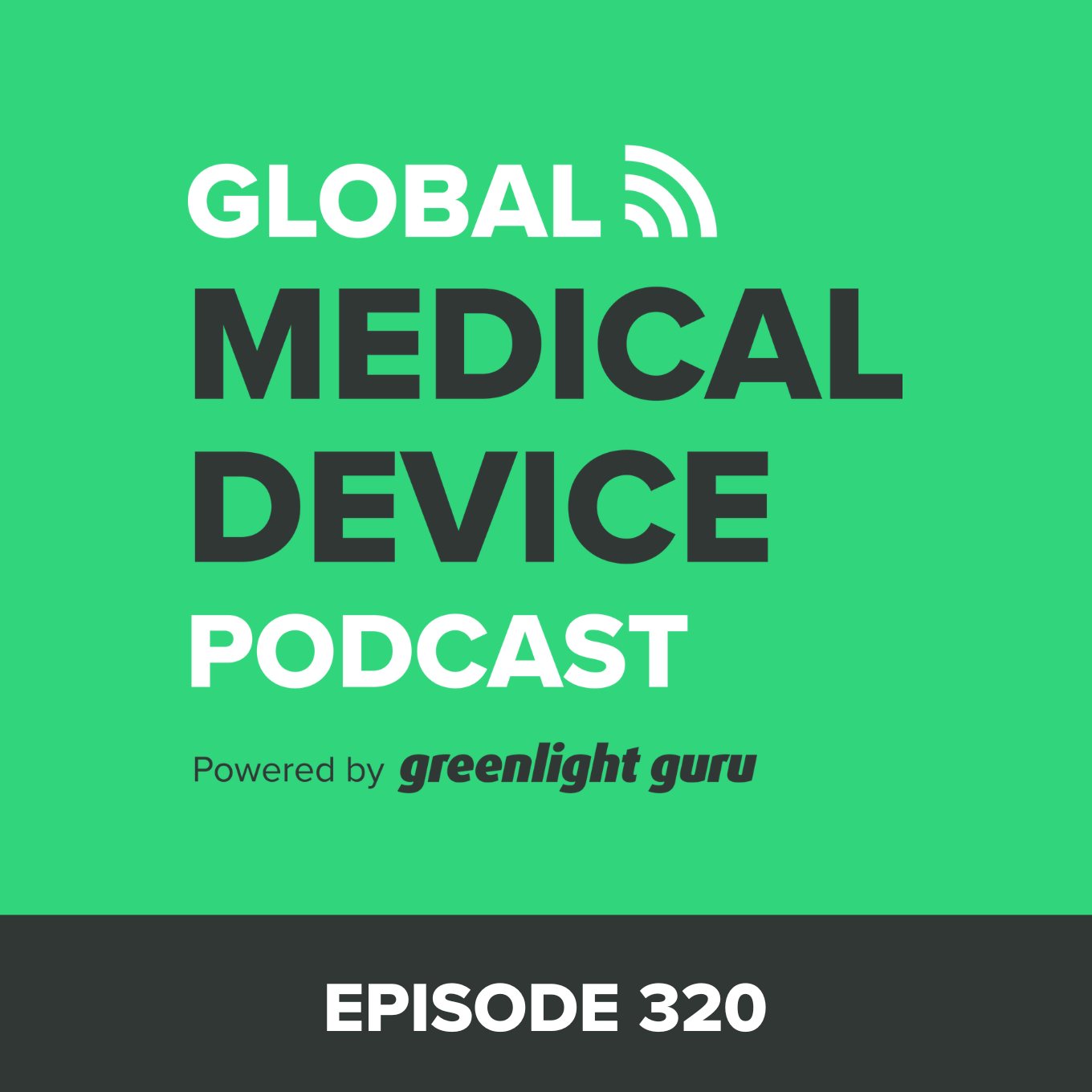Prioritizing Medical Device Reimbursement During Product Development
- 0.5
- 1
- 1.25
- 1.5
- 1.75
- 2
DESCRIPTION
Medical device reimbursement is a key consideration that must be well researched, understood, and managed by companies in order to ensure no money, to which you’re entitled to, is left on the table.
In this episode of the Global Medical Device Podcast, Jon Speer talks to Mike Drues from Vascular Sciences about the importance of medical device reimbursement and offers tips listeners can use to build a competitive reimbursement strategy that puts dollars back in the company’s pocket once a device is on the market.
Some highlights of this episode include:
- Many medical devices, products, and technologies are not on the market because product development does not happen, is not done quickly, or there is a lack of reimbursement.
- Strong regulatory and reimbursement incentives have been created for companies to develop ‘me-too’ products, but also disincentives to create new or novel devices.
- Reimbursement is important to medical device developers because they want to get paid. They must sell their devices and products to receive reimbursement.
- Some medical device entrepreneurs, developers, and companies seek out markets where reimbursement is not an issue with the Centers for Medicare and Medicaid Services (CMS) and insurance companies.
- When to begin thinking about reimbursement in the product development process—as early as possible—from the point of pre-prototype.
- Competitive Reimbursement Strategy: Is it better for a device to fit into an existing reimbursement code or design a device that requires a new reimbursement code that is difficult for competitors to use, too?
- Off-Label Products, Devices, and Drugs: Reimbursement is possible. However, what is taught in medical school is the standard of care, not what is on the label.
- Getting the FDA’s Breakthrough Devices Program (BDP) designation provides significant non-regulatory advantages, including reimbursement.
Memorable quotes by Mike Drues:
“Reimbursement has a big impact on product development. Specifically, not just the devices we have on the market today, but more importantly, the devices that we don’t have on the market today and why we don’t have them.”
“In the United States, a lot of people think that we have the best medicine that money can buy. That’s simply not the case. We have the best medicine that money is willing to buy, and there’s a big difference.”
“We’ve created strong incentives—both regulatory incentives as well as reimbursement incentives—strong incentives for companies to develop ‘me too’ kinds of devices. At the same time, we’ve created strong disincentives for companies to develop anything truly new or novel.”
“Another reason why reimbursement is so important to medical device developers is...if you’re working for a company, most people want to get paid.”
